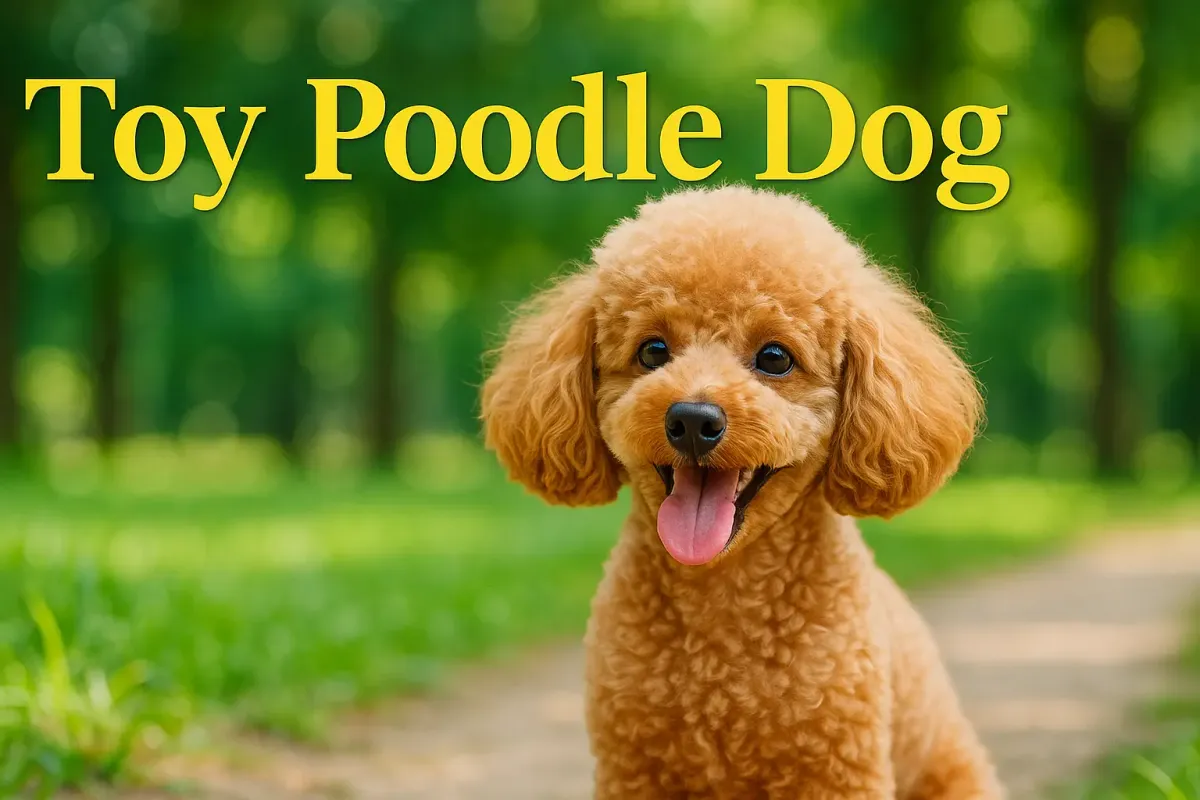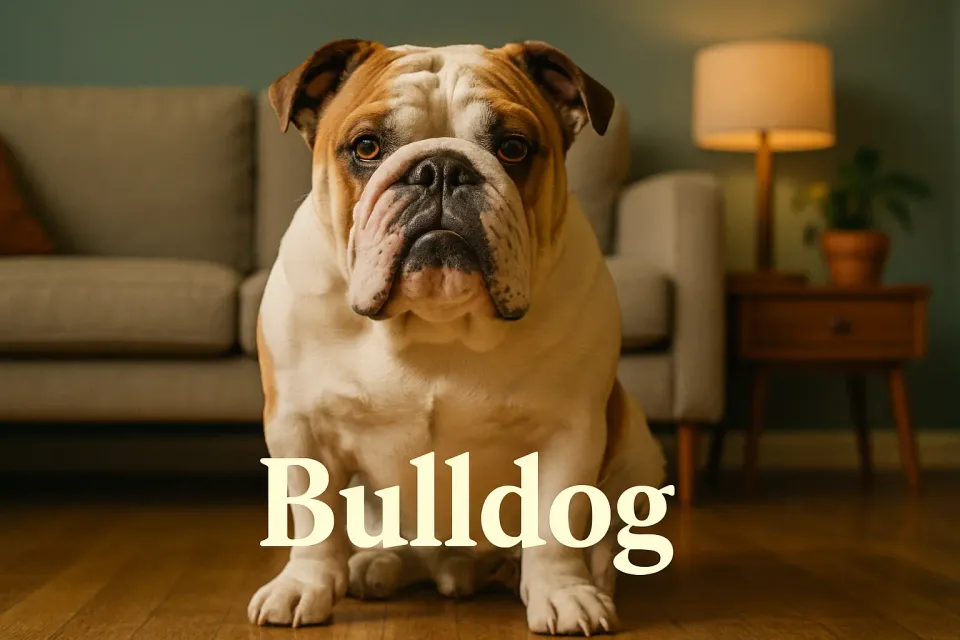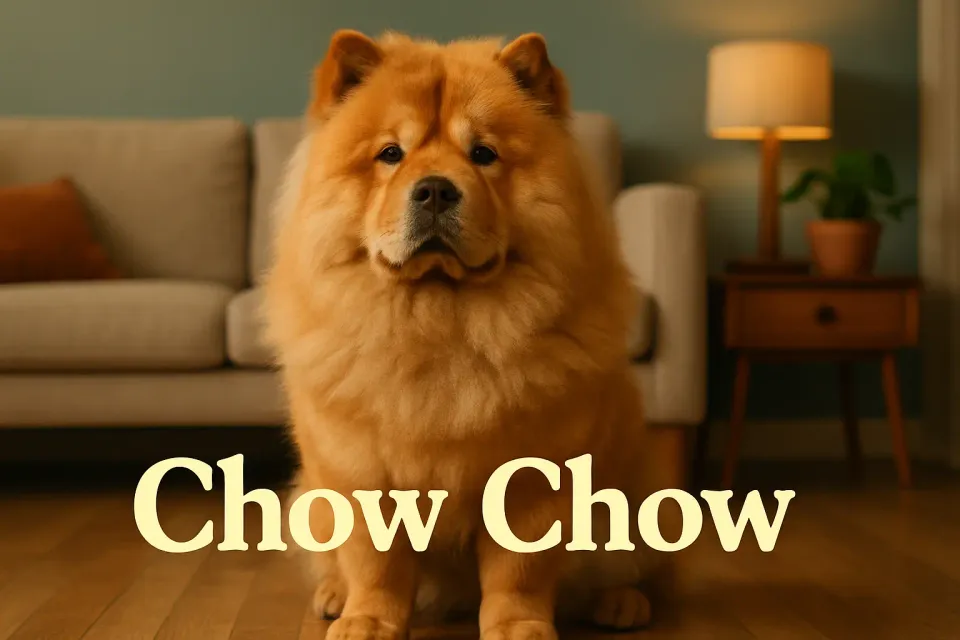Toy Poodle Dog: Your Ultimate Guide to This Charming Companion 🐶

The Toy Poodle Dog, a pint-sized member of the Poodle family, is a delightful breed known for its intelligence, elegance, and curly coat. Originating from France, the Toy Poodle Dog was bred as a companion dog, combining the Poodle’s athleticism with a compact size ideal for urban living. With its lively personality and hypoallergenic coat, the Toy Poodle Dog has become a favorite among families, singles, and seniors alike. This comprehensive guide explores the Toy Poodle Dog, covering its history, characteristics, care requirements, health concerns, and tips for prospective owners. Whether you’re charmed by its playful antics or its sophisticated look, the Toy Poodle Dog is a breed of endless appeal. 🌟
To explore other popular breeds, check out Dog Breeds in India.
History and Origin of the Toy Poodle Dog 📜
The Toy Poodle Dog shares its lineage with the Standard and Miniature Poodles, descending from water-retrieving dogs in Germany and refined in France.
- Poodle Roots: The Poodle, originally a German water dog called the “Pudelhund,” was bred for retrieving waterfowl. By the 18th century, France adopted the Poodle, miniaturizing it into the Toy Poodle Dog for companionship.
- Aristocratic Companions: The Toy Poodle Dog became a favorite among French nobility, often adorned with elaborate clips for dog shows and court life.
- Global Popularity: In the 20th century, the Toy Poodle Dog gained fame in the United States and beyond, recognized by the American Kennel Club (AKC) in 1887 as part of the Poodle breed.
- Cultural Icon: The Toy Poodle Dog has appeared in films, fashion, and as a beloved pet of celebrities like Elvis Presley, cementing its status as a glamorous companion.
The Toy Poodle Dog remains a symbol of sophistication and intelligence, thriving in homes worldwide.
Characteristics of the Toy Poodle Dog 🐾
The Toy Poodle Dog is a small, elegant breed with a distinctive curly coat and a lively demeanor. Here’s what defines the Toy Poodle Dog:
Physical Traits
- Size: The Toy Poodle Dog stands under 25 cm (10 inches) tall at the shoulder and weighs 2–5 kg (4–11 lbs), making it the smallest Poodle variety.
- Coat: A dense, curly, and springy coat that is single-layered and low-shedding, available in colors like black, white, apricot, cream, blue, silver, and red. The Toy Poodle Dog’s coat is hypoallergenic.
- Head: A refined head with a moderately long muzzle, dark oval eyes, and long, flat ears that hang close to the face, giving the Toy Poodle Dog an alert expression.
- Body: A square, well-proportioned frame with slender legs, a high-set tail often docked, and a graceful gait, reflecting the Toy Poodle Dog’s elegance.
Personality
- Intelligent: The Toy Poodle Dog ranks among the smartest breeds, excelling in obedience and learning tricks quickly.
- Playful: The Toy Poodle Dog is energetic and loves interactive play, making it a fun companion.
- Affectionate: The Toy Poodle Dog is devoted to its family, thriving on attention and cuddles.
- Confident: Despite its size, the Toy Poodle Dog carries itself with poise and may be vocal when alerting to strangers.
Temperament
The Toy Poodle Dog is a lively, social breed that thrives in environments with human interaction. It’s gentle with children and other pets when socialized early, though its small size requires careful handling. The Toy Poodle Dog adapts well to apartments and urban settings, making it ideal for city dwellers. Its intelligence and trainability suit owners who enjoy engaging their pets in activities, but its sensitivity requires gentle handling.
Why Choose a Toy Poodle Dog? 🌈
The Toy Poodle Dog is a top choice for many reasons:
- Apartment-Friendly: The Toy Poodle Dog’s small size and low exercise needs suit urban living.
- Hypoallergenic Coat: The Toy Poodle Dog is ideal for allergy sufferers due to its low-shedding coat.
- Intelligent Companion: The Toy Poodle Dog excels in training, making it a versatile pet for tricks or therapy work.
- Charming Personality: The Toy Poodle Dog’s playful and affectionate nature brings joy to any home.
- Long Lifespan: The Toy Poodle Dog often lives longer than larger breeds, offering years of companionship.
Care Requirements for a Toy Poodle Dog 🧼
Caring for a Toy Poodle Dog involves dedicated grooming and moderate exercise to keep it healthy and happy. Here’s how to care for your Toy Poodle Dog:
Grooming
The Toy Poodle Dog’s curly coat requires regular maintenance:
- Brushing: Brush daily with a pin brush or slicker brush to prevent matting and keep the Toy Poodle Dog’s coat tangle-free. Use a detangling spray for ease.
- Bathing: Bathe every 2–3 weeks with a dog-specific shampoo and conditioner to maintain the Toy Poodle Dog’s coat softness and shine.
- Haircuts: Professional grooming every 4–6 weeks is essential for the Toy Poodle Dog. Popular clips include the puppy clip, teddy bear clip, or show-style continental clip.
- Ear and Nail Care: Clean ears weekly to prevent infections, as the Toy Poodle Dog’s floppy ears trap moisture. Trim nails every 2–3 weeks to avoid discomfort.
- Dental Hygiene: Brush the Toy Poodle Dog’s teeth daily to prevent tartar buildup, a common issue in small breeds.
Exercise
The Toy Poodle Dog has moderate exercise needs:
- Daily Activity: Provide 30–60 minutes of exercise, including short walks, indoor play, or fetch. The Toy Poodle Dog enjoys interactive toys and games.
- Mental Stimulation: Engage the Toy Poodle Dog with puzzle toys, obedience training, or agility courses to satisfy its sharp mind.
- Social Play: The Toy Poodle Dog loves socializing, so arrange playdates or visits to dog parks (with caution due to its size).
- Indoor Suitability: The Toy Poodle Dog thrives in apartments, as its exercise needs can be met indoors or in small spaces.
Diet and Nutrition
A balanced diet supports the Toy Poodle Dog’s health:
- High-Quality Food: Feed premium small-breed kibble with protein sources like chicken or fish to support energy levels. Brands like Hill’s Science or Royal Canin are ideal.
- Portion Control: The Toy Poodle Dog needs ¼–½ cup of food daily, split into 2–3 meals, to prevent obesity and maintain a healthy weight.
- Treats: Use tiny, low-calorie treats sparingly to avoid weight gain in the Toy Poodle Dog.
- Hydration: Ensure constant access to fresh water, especially in India’s warm climate.
- Supplements: Add omega-3 for coat health and calcium for bone strength in the Toy Poodle Dog.
Training
The Toy Poodle Dog is highly trainable due to its intelligence:
- Positive Reinforcement: Use treats, praise, and play to motivate the Toy Poodle Dog, as it responds best to gentle methods.
- Early Socialization: Expose the Toy Poodle Dog to people, pets, and environments from 8–12 weeks to build confidence and reduce barking at strangers.
- Obedience Training: Teach “sit,” “stay,” “come,” and “quiet” to manage the Toy Poodle Dog’s vocal tendencies and ensure good manners.
- Trick Training: The Toy Poodle Dog excels at learning tricks, making training sessions fun and engaging for both dog and owner.
Health Concerns for a Toy Poodle Dog 🩺
The Toy Poodle Dog is generally healthy but prone to certain conditions due to its small size:
- Patellar Luxation: A slipping kneecap causing limping, treatable with rest or surgery in severe cases.
- Dental Disease: The Toy Poodle Dog’s small mouth is prone to tartar buildup, requiring daily brushing and dental checkups.
- Progressive Retinal Atrophy: An eye condition leading to blindness, detectable through genetic testing.
- Hypoglycemia: Low blood sugar can affect the Toy Poodle Dog, especially puppies, requiring frequent small meals.
- Legg-Calve-Perthes Disease: A hip joint disorder causing lameness, treatable with surgery or therapy.
Regular vet checkups, vaccinations, and parasite prevention ensure the Toy Poodle Dog lives 12–18 years, often longer with excellent care.
Cost of Owning a Toy Poodle Dog 💸
Owning a Toy Poodle Dog involves moderate expenses due to its grooming needs:
- Purchase/Adoption: A Toy Poodle Dog puppy from a reputable breeder costs INR 40,000–80,000 (AUD 800–1,600). Adoption fees are lower, around INR 3,000–8,000.
- Initial Supplies: Crate, bed, leash, and toys cost INR 2,000–5,000 (AUD 40–100).
- Food: Quality food for a Toy Poodle Dog costs INR 1,000–2,000/month (AUD 20–40).
- Grooming: Professional grooming for a Toy Poodle Dog costs INR 1,500–3,000 (AUD 30–60) every 4–6 weeks.
- Vet Care: Annual checkups, vaccinations, and preventives cost INR 3,000–8,000/year (AUD 60–160).
Is a Toy Poodle Dog Right for You? 🤔
The Toy Poodle Dog suits owners who:
- Live in apartments or small spaces.
- Have mild allergies and seek a low-shedding breed.
- Enjoy training and engaging with an intelligent dog.
- Can commit to regular grooming and moderate exercise.
The Toy Poodle Dog may not suit:
- Owners unable to afford or commit to frequent grooming.
- Households with very young children, as the Toy Poodle Dog’s small size makes it fragile.
- Those seeking a low-maintenance dog, as the Toy Poodle Dog requires coat care and mental stimulation.
- Inactive owners, as the Toy Poodle Dog needs daily activity.
Tips for Choosing a Toy Poodle Dog 🐕
When selecting a Toy Poodle Dog, follow these tips:
- Reputable Breeder: Choose a breeder registered with the Kennel Club of India or AKC, providing health clearances for patellar luxation and eye conditions in the Toy Poodle Dog’s parents.
- Health Check: Ensure the Toy Poodle Dog puppy has clear eyes, a curly coat, and no signs of lameness or lethargy.
- Temperament: Look for a lively, curious Toy Poodle Dog puppy that engages with people.
- Adoption Option: Consider rescuing a Toy Poodle Dog from shelters or Poodle-specific rescues for an ethical, cost-effective choice.
Fun Facts About the Toy Poodle Dog 🎉
- Show Stoppers: The Toy Poodle Dog has won numerous Best in Show titles at prestigious dog shows like Westminster.
- Circus Stars: In the 19th century, the Toy Poodle Dog performed in French circuses, showcasing its intelligence and agility.
- Fashion Icons: The Toy Poodle Dog’s stylish clips have inspired pet fashion trends worldwide.
- Therapy Heroes: The Toy Poodle Dog is a popular therapy dog, bringing comfort with its gentle nature.
FAQs About the Toy Poodle Dog ❓
How much grooming does a Toy Poodle Dog need?
The Toy Poodle Dog requires daily brushing and professional grooming every 4–6 weeks.
Is the Toy Poodle Dog good with kids?
The Toy Poodle Dog is gentle with children but needs supervision due to its small size.
How much exercise does a Toy Poodle Dog need?
The Toy Poodle Dog needs 30–60 minutes of daily activity, like walks or playtime.
Is the Toy Poodle Dog easy to train?
The Toy Poodle Dog is highly intelligent and trainable with positive reinforcement.
What health issues affect the Toy Poodle Dog?
The Toy Poodle Dog is prone to patellar luxation, dental disease, and progressive retinal atrophy.
How long does a Toy Poodle Dog live?
With proper care, a Toy Poodle Dog lives 12–18 years.
Conclusion: Embrace the Charm of the Toy Poodle Dog ✨
The Toy Poodle Dog is a delightful blend of intelligence, elegance, and affection, making it an ideal companion for a wide range of owners. Its hypoallergenic coat, playful spirit, and trainability ensure the Toy Poodle Dog brings joy to any home, from bustling apartments to quiet households. By providing regular grooming, balanced nutrition, moderate exercise, and attentive training, you can ensure your Toy Poodle Dog thrives as a loyal friend and charming performer. Whether you’re enchanted by its French heritage or its lively personality, the Toy Poodle Dog is ready to steal your heart. Welcome a Toy Poodle Dog into your life and experience the timeless bond of this petite powerhouse! 🐶🌟





